The first generation Fiat Panda, with its simple, beautiful exterior made up of straight lines and planes, and a mysteriously spacious interior that comfortably fits large adults despite its small body.
It’s been 11 years since I started taking care of this charming vehicle.
Registered in 1998, E-141AKA 1.1L CVT, Mileage: 121,000km
This is the “Selecta” grade, an automatic transmission model equipped with a Subaru Justy CVT.
That this Panda’s CVT, which is prone to various troubles, has been running without any issues for 24 years and over 100,000 kilometers is nothing short of miraculous.
Just as I had completed major functional checks and confirmed everything was normal ahead of a vehicle event (which had been postponed due to the global pandemic), the owner contacted me saying coolant was overflowing from the sub-tank.
These are clear signs of overheating.
“Is the radiator fan working?” I asked over the phone.
The radiator fan, which I had just checked for proper operation, apparently showed no signs of working at all. Since even short-distance driving seemed difficult, I requested a tow truck.
As soon as the car arrived at the shop, I turned the cooling fan by hand and found significant resistance, and the 40A blade fuse for the power supply had melted.
Only two days until the weekend event. The fan motor was malfunctioning and needed replacement. Even with normal parts procurement, it would be difficult to make it in time, and as expected, the supply of genuine parts had long been discontinued.
However, since the owner had planned to drive to the Kanto region, I was relieved that this trouble didn’t occur during their journey to the event.
I hadn’t looked at it closely before, but the radiator fan of the officially imported Panda Selecta has three handcrafted-looking brackets riveted to the shroud.
The fan motor is huge compared to the size of the radiator, perhaps a specification change made with Japan’s high temperature and humidity in mind for air conditioning operation.
Since the fan has the Magneti Marelli logo embossed on it, I explored the possibility of using parts from other models. However, though I found similarly sized ones, they all rotated in the opposite direction. I decided to look for the standard domestic (Italian) radiator fan.
After researching the part number using Fiat’s ePER parts search system and searching worldwide, I found one dead stock in the Netherlands and ordered it.
Compared to the broken Japanese specification radiator fan (right), the size difference is obvious.
To install the domestic specification radiator fan, three additional brackets (of two types) were needed, but these were extremely difficult to obtain. It took just over a month from the time of the breakdown to finally gather the parts from two suppliers in Italy and begin the replacement.
Once all the parts are gathered, installation is quick.
During a test drive without air conditioning, even in extreme heat while idling at a stop, the cooling performance was excellent with the fan operating for only about 5 seconds before stopping.
Though the domestic specification radiator fan seems smaller by comparison, the airflow was quite powerful. Depending on conditions, air conditioning might be possible.
It was unfortunate that participation in the event couldn’t be realized this time, but I sincerely hope that the car will be in good condition for the next event.
Fiat Panda 900 (141) 7751361 Intake Suction Air Filter Sleeve Pipe Air Intake Hose Intake Pipe
|
|

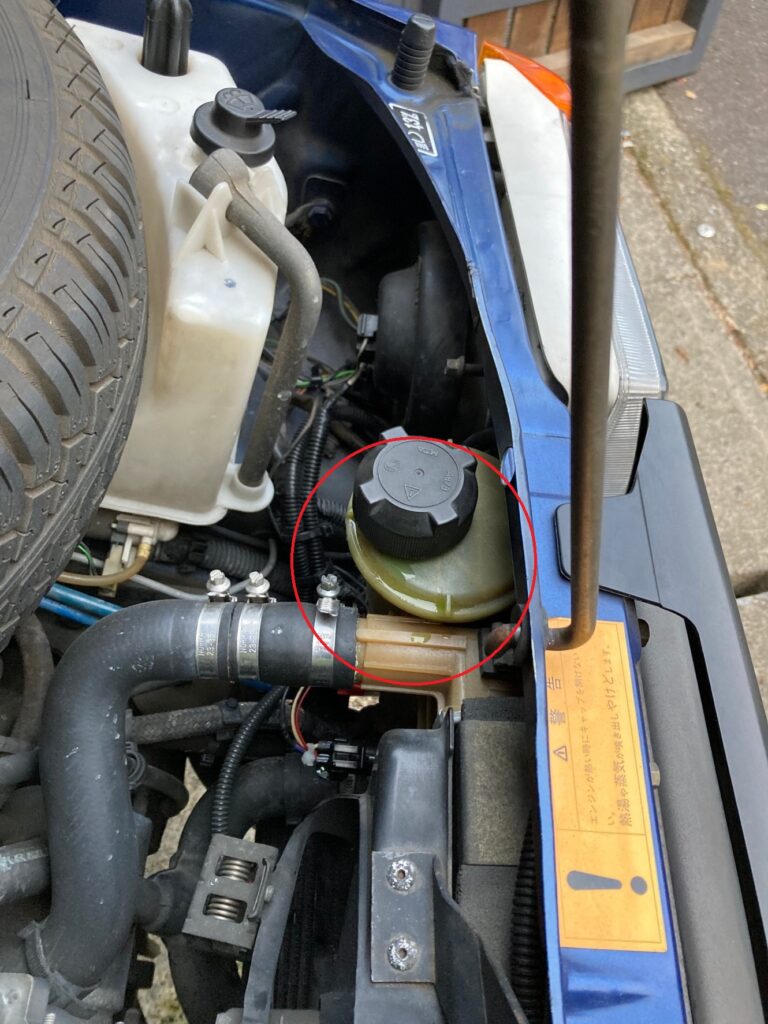

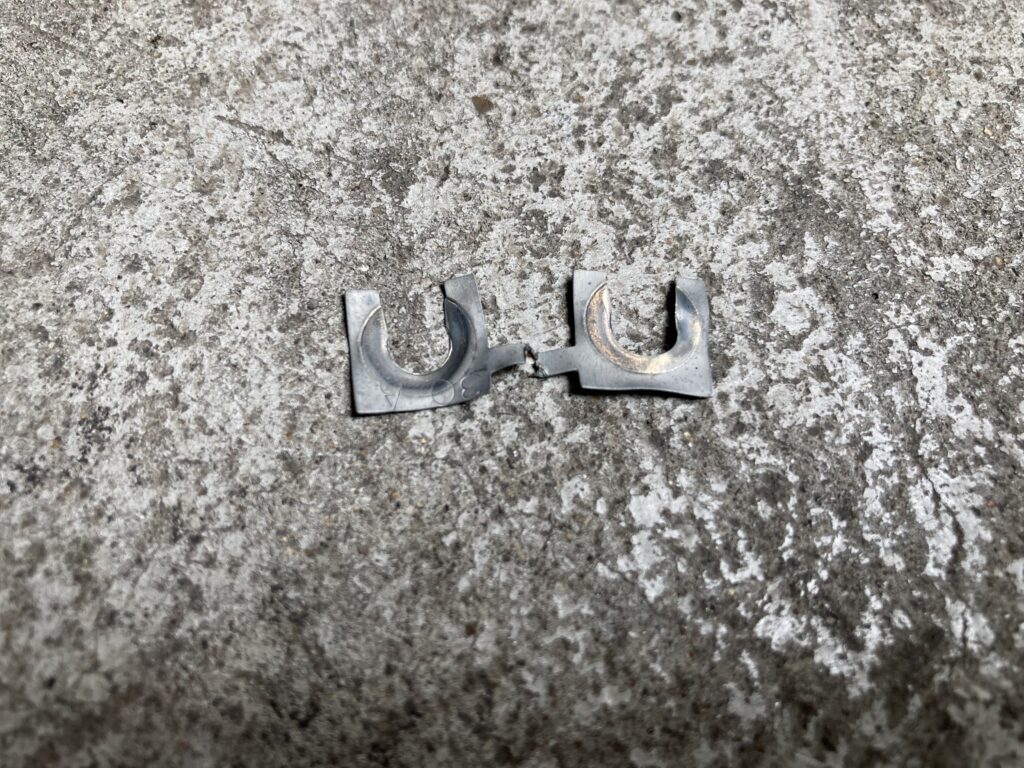
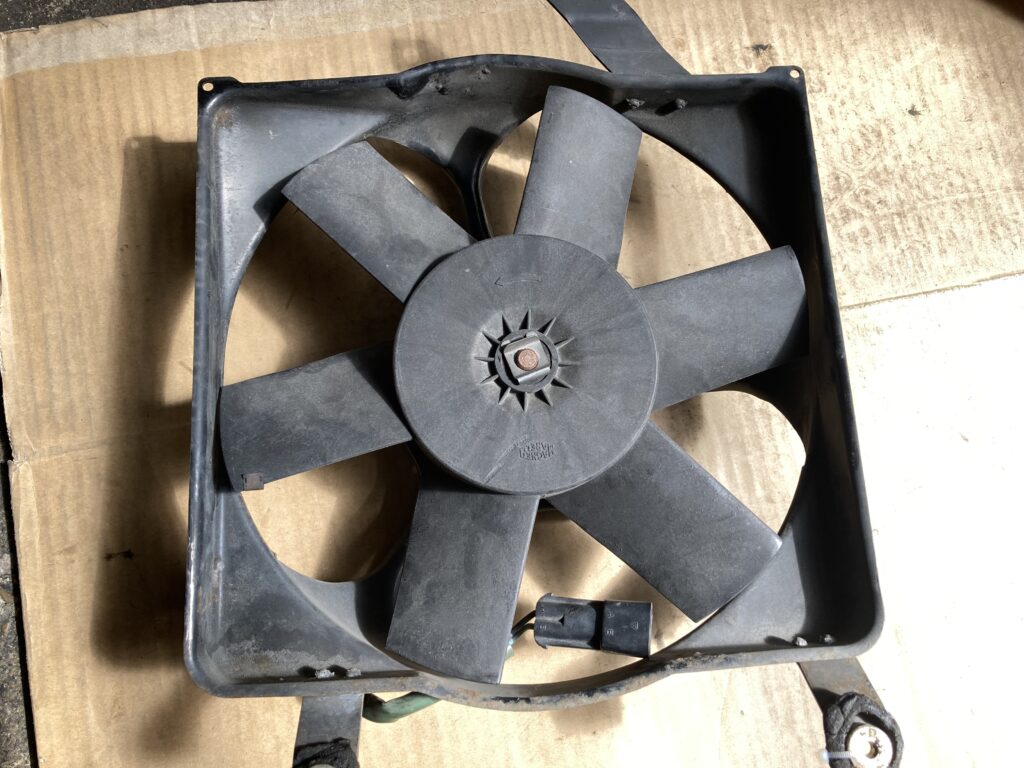
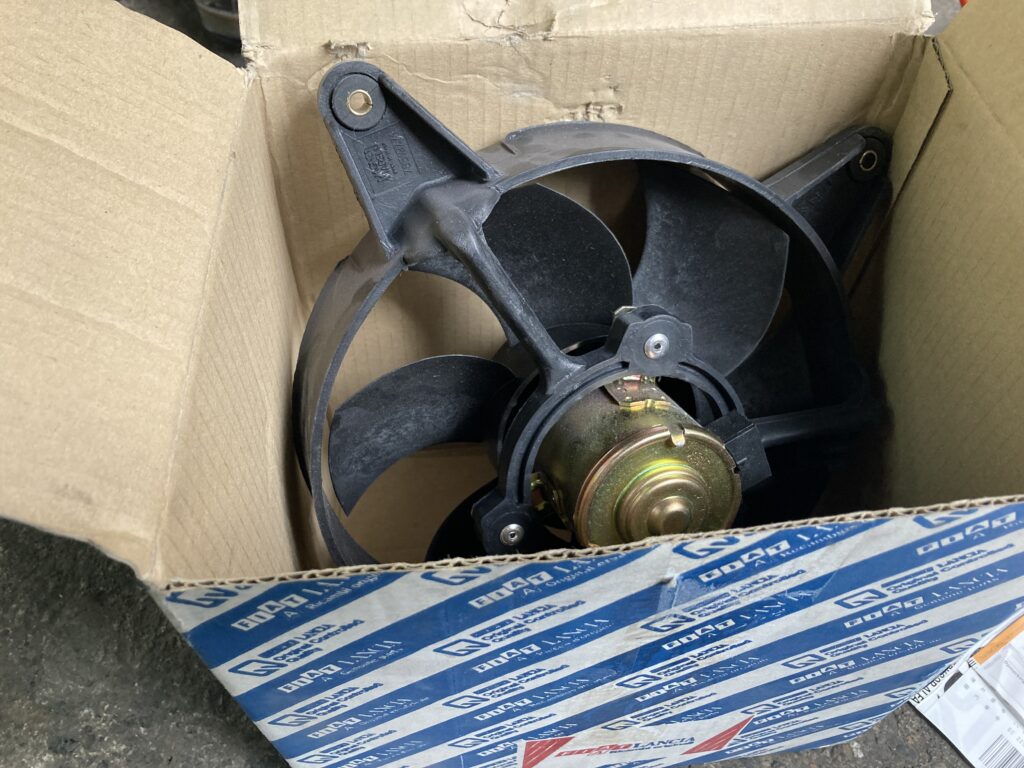
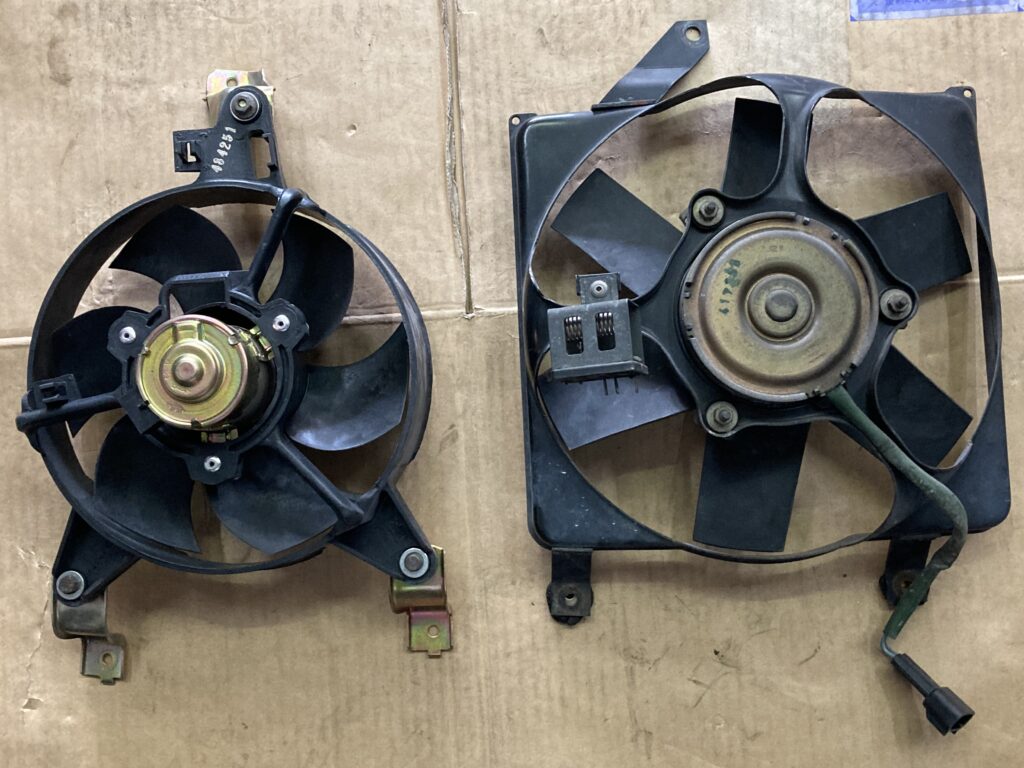

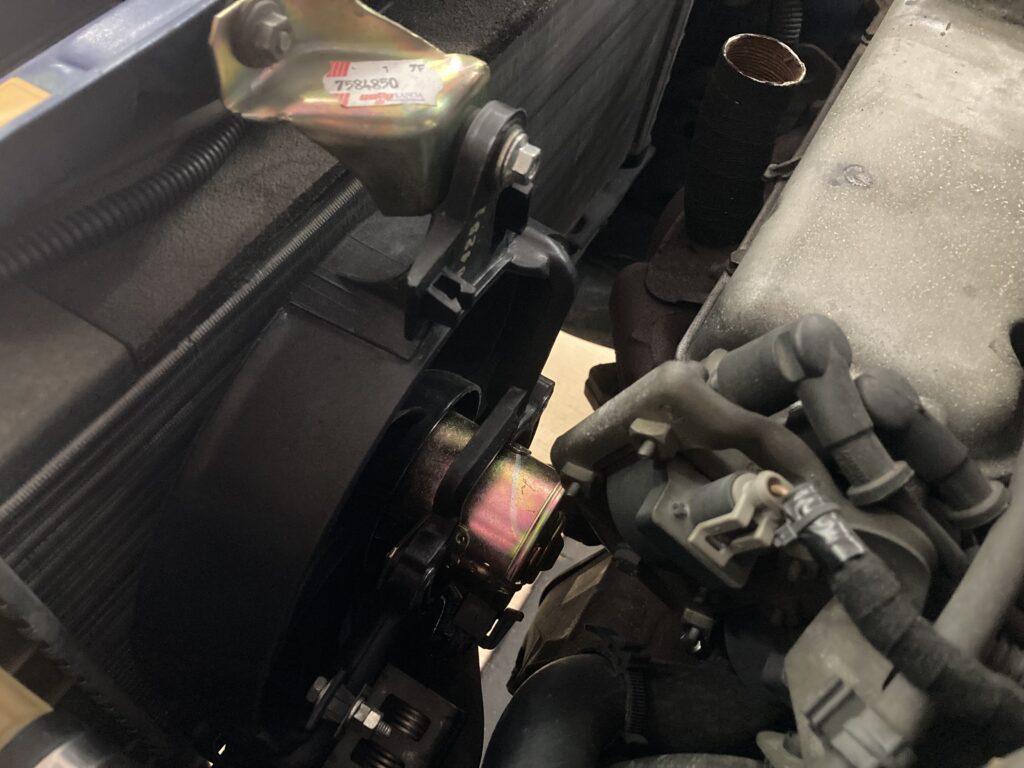
![[商品価格に関しましては、リンクが作成された時点と現時点で情報が変更されている場合がございます。] [商品価格に関しましては、リンクが作成された時点と現時点で情報が変更されている場合がございます。]](https://hbb.afl.rakuten.co.jp/hgb/0f18de4f.dd39c942.0f18de50.0c05f337/?me_id=1232070&item_id=14656095&pc=https%3A%2F%2Fthumbnail.image.rakuten.co.jp%2F%400_mall%2Fautoparts-agency%2Fcabinet%2Fal255%2F5019779500101.jpg%3F_ex%3D240x240&s=240x240&t=picttext)

Leave a Reply